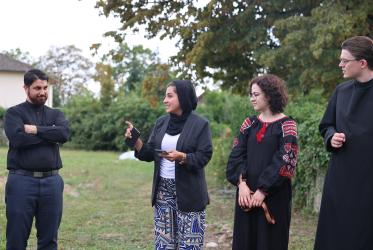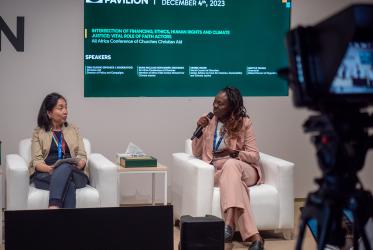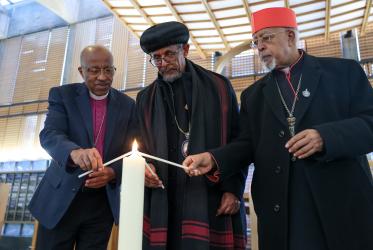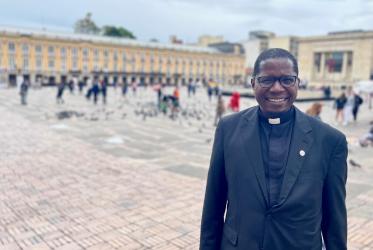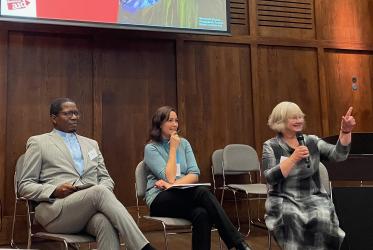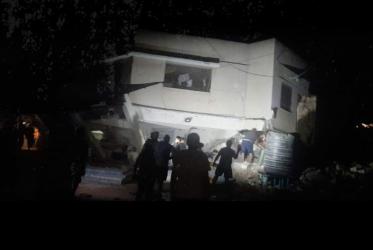Explorations on Global Christianity and Ecclesiology, Faith and Order Paper 239
This is the second of the two-volume set Towards a Global Vision of the Church, which forms part of the work done by the ecclesiology study group of the World Council of Churches (WCC) Commission on Faith and Order between 2015 and 2022 to broadening the table of ecclesiological dialogue by going into more and wider conversations with ecclesiological perspectives from various regions (especially Asia, Africa, and Latin America), denominational families (such as Evangelical, Pentecostal, Charismatic, and independent churches), and forms of being church (such as ecclesial movements, new forms of monasticism, and online churches), “which have not always been clearly or strongly part of discussions on the way to TCTCV, and whose understandings of ecclesiology we want to discover and to enter into dialogue with.”
The first volume in this set included 24 chapters written from the perspectives of theologians from the global South. In this second volume, nearly all of the chapters have come from commissioners who have worked on ecclesiological issues during this past term.
27 November 2023
